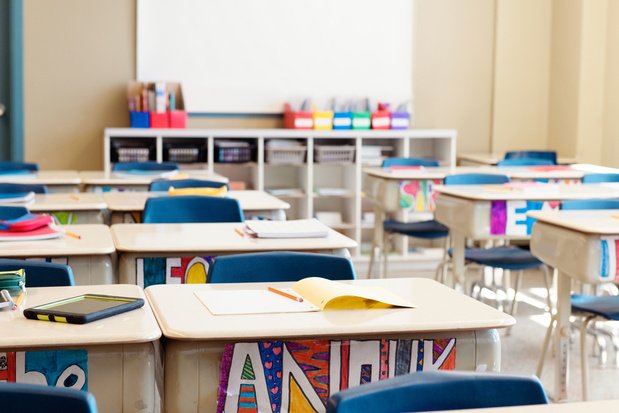The cult of the child king threatens our democracies. This is the shocking conclusion of a study recently published by researchers at UCLouvain. They call for "a new balance in the education of children" to combine "firm and just discipline with benevolence".
While the child has been neglected or even despised for centuries, it is now cherished and protected. In itself, this is obviously a step forward. Children are now recognised as having rights and on the whole are less likely to be victims of violence, but this evolution is also experiencing excesses, according to the study.
Overprotected, overvalued children, whose needs are met instantly "are at risk of suffering from mental health problems (depressive symptoms and anxiety) and physical problems (risks of obesity), becoming more narcissistic and less mature and developing fewer cognitive skills. Adults are also at risk of becoming increasingly exhausted in their desire to get closer to the needs and interests of children."
And, in the long run, in a nutshell, this poses a threat to our democracies because these individualistic children will find it difficult to prioritise the general interest.
Positive education is the way forward
The researchers suggest a focus on positive education as a way of achieving a new, healthier balance. This includes providing children with a safe and respectful environment and educators who are more attentive to their needs. However, caution must be exercised.
"Positive education has its limits, like everything,” explains Isabelle Roskam, professor of developmental psychology at UCLouvain, and co-author of the study. “It is not suitable in all circumstances, for all children. When a child clearly crosses the line, positive education is not a good answer, because there is no positive behaviour to reinforce, there is a framework to replace."
"In addition, some children self-regulate more easily than others, will seek less to exceed the limits. Others are like magic balls: when you let them go, they bounce everywhere. The looser the frame, the more they bounce around like crazy. These children will need a tighter framework. Kindness is also about being sensitive to everyone's needs."
Successful textbooks often translate benevolent education into practical advice, such as cooking recipes. And this induces, in parents, the idea that, if they apply them, everything will go well, and, as a corollary, the idea that, if it does not go well, it is their fault.
Béatrice Kammerer, journalist and author of the book "L'éducation vraiment positive", points out the hypocrisy of some positive education textbooks. "There is a paradox: they sell recipes so that children are wise, calm, obedient," she says, "but in truth it is not at all this model that they advocate. Rather, they advocate the expression of the child, the consideration of his singularity and not at all his obedience. We should be clear about the objective."
Do not throw baby out the bathwater
In addition, these textbooks often rely on neuroscience to provide advice. They can obviously shed light, but they have their limits, points out Béatrice Kammerer. "There is a desire to rationalise at all costs, and this has led to arguments such as 'if you do this you will trigger toxic reactions in his brain'. However, these arguments are not always scientifically based."
However, do not throw the baby out with the bathwater. Isabelle Roskam suggests we use positive education as a lighthouse: "A lighthouse shows a direction, which you can follow when you are in doubt, but the principle of a lighthouse is that you have to approach it without reaching it at the risk of breaking your boat."
Related News
- One in seven Belgian children living in poverty, Brussels most affected
- School dropouts on the rise in Belgium as kids lose faith in the system
In her office, Isabelle Roskam receives parents who are convinced that they are guilty. “They say, ‘my 15-year-old has no friends, and this is because I had postpartum depression when he was six months old’. It may have left traces, but it is a big leap to make that assumption."
The future of a child is the result of a complex, multifactorial equation. The education given by parents is only one of the factors. Also involved are the child's genes, temperament, emotional abilities, attention, teachers, friends, the media and so on.
"Scientific studies estimate that temperament – the genetic basis of personality – accounts for 50% of the variance of a behaviour,” says Roskam. “When we do studies on the effect related to parents, we are at 10%." So, we do what we can with the children we have."

